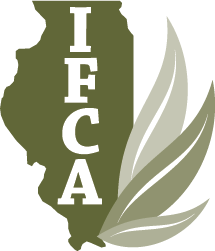How Militant Environmentalists Deceived the Public into Believing Glyphosate is Cancerous
Marketed in 1974 under the brand name Roundup, glyphosate has been praised for several decades for its unique herbicidal qualities and its good toxicological and ecotoxic profile. It quickly established itself in the world as a weedkiller with multiple uses for farmers and well beyond, from amateur gardeners to the SNCF [railways].
Surprise in March 2015: the IARC (International Agency for Research on Cancer) classified glyphosate as a “probable carcinogen”, a classification immediately contested by all French, European and international health agencies, including the WHO (World Health Organization), IARC’s parent company. But for militant environmental organizations opposed to the use of plant protection products, this is an unexpected opportunity to disqualify the famous weedkiller based exclusively on the classification of the IARC.
Click Here to read more.
Surprise in March 2015: the IARC (International Agency for Research on Cancer) classified glyphosate as a “probable carcinogen”, a classification immediately contested by all French, European and international health agencies, including the WHO (World Health Organization), IARC’s parent company. But for militant environmental organizations opposed to the use of plant protection products, this is an unexpected opportunity to disqualify the famous weedkiller based exclusively on the classification of the IARC.
Click Here to read more.
